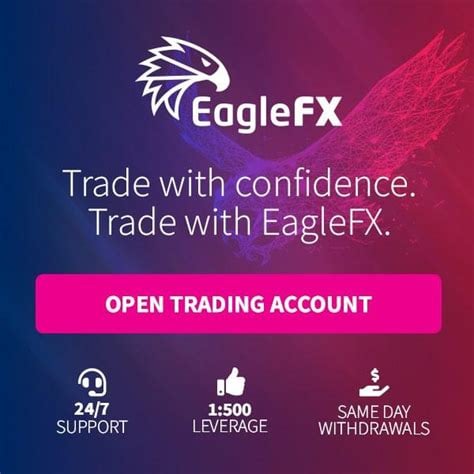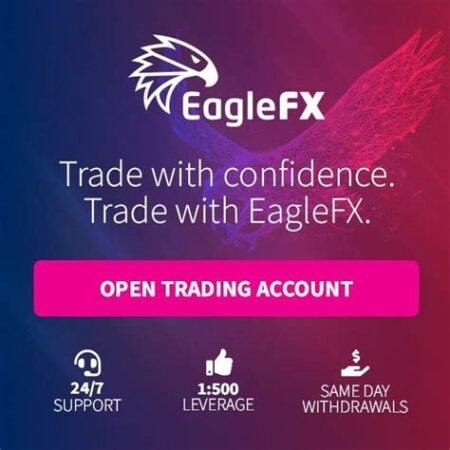
- Forex Forwards: A Comprehensive Guide for Trading Currency Contracts
-
FAQ about Forex Forwards
- What are forex forwards?
- What is the difference between a forex forward and a forex spot contract?
- How are forex forwards used?
- Who can trade forex forwards?
- What is the minimum trade size for forex forwards?
- What are the costs associated with forex forwards?
- How are forex forwards settled?
- What are the risks associated with forex forwards?
- What are the advantages of using forex forwards?
- What are the disadvantages of using forex forwards?
Forex Forwards: A Comprehensive Guide for Trading Currency Contracts

Introduction
Readers, welcome to the world of foreign exchange forwards! This comprehensive guide will equip you with the knowledge and insights you need to navigate this exciting and dynamic financial instrument. Whether you’re a seasoned trader or just starting out, this article will provide you with valuable insights into forex forwards and empower you to make informed trading decisions.
What are Forex Forwards?
A forex forward, also known as a foreign exchange forward contract, is a legally binding agreement to buy or sell a specific amount of currency at a predetermined exchange rate and settlement date. These contracts are customized to suit the specific needs of the counterparties involved and are typically used to hedge against exchange rate fluctuations or speculate on future currency movements.
How Forex Forwards Work
Forex forwards are traded over-the-counter (OTC), meaning they are not traded on a centralized exchange. Instead, they are negotiated directly between two counterparties. When you enter into a forward contract, you are essentially locking in today’s exchange rate for a future date. This provides you with protection against adverse currency movements over the contract period.
Types of Forex Forwards
There are various types of forex forwards available, each designed to meet specific trading objectives. The most common types include:
Standard Forwards: The most basic type of forward contract, where the exchange rate and settlement date are fixed at the time of execution.
Non-Deliverable Forwards (NDFs): Used primarily for currencies that are not freely convertible or for hedging where physical delivery is not desired. NDFs are settled in cash at the contract maturity date.
Deliverable Forwards: Involve the actual physical delivery of the underlying currency on the settlement date.
Benefits of Forex Forwards
Forex forwards offer several advantages for traders:
- Fixed Exchange Rate: Lock in the exchange rate today for future settlements, providing protection against currency fluctuations.
- Risk Mitigation: Hedge against potential exchange rate losses and protect your business or personal finances.
- Speculation: Use forex forwards to take speculative positions on the direction of future currency movements.
Considerations for Trading Forex Forwards
While forex forwards offer numerous benefits, there are certain considerations to keep in mind before trading:
- Counterparty Risk: As forex forwards are OTC instruments, it’s crucial to carefully evaluate the creditworthiness of your counterparty.
- Market Risk: Forex forwards are subject to market forces and can result in losses if the market moves against your position.
- Regulatory Concerns: Forex forwards may be regulated in certain jurisdictions, which can impact trading practices and reporting requirements.
Forex Forwards Table Breakdown
The following table provides a detailed breakdown of the key characteristics and features of forex forwards:
| Feature | Description |
|---|---|
| Type | Legal binding agreement to buy or sell currency at future date and rate |
| Market | Over-the-counter (OTC) |
| Customizable | Tailored to specific needs of counterparties |
| Purpose | Hedge against currency fluctuations or speculate on future movements |
| Types | Standard forwards, NDFs, deliverable forwards |
| Benefits | Fixed exchange rate, risk mitigation, speculation |
| Considerations | Counterparty risk, market risk, regulatory concerns |
Conclusion
Forex forwards are a versatile and valuable financial instrument that can help you manage currency risk and potentially profit from exchange rate fluctuations. By understanding the nuances of forex forwards and the factors that influence their performance, you can make informed trading decisions and harness the potential of this dynamic market.
Readers, we invite you to continue exploring our website for more in-depth articles on forex trading and other financial topics. Stay tuned for upcoming articles that will delve into specific forex strategies, market analysis techniques, and expert insights.
FAQ about Forex Forwards
What are forex forwards?
Forex forwards are a type of over-the-counter (OTC) derivative contract that allows two parties to agree on an exchange rate for a specific currency at a future date.
What is the difference between a forex forward and a forex spot contract?
Forex spot contracts are traded and settled on the spot, while forex forwards are traded and settled at a future date.
How are forex forwards used?
Forex forwards are used to hedge against currency risk, speculate on currency movements, or benefit from interest rate differentials.
Who can trade forex forwards?
Forex forwards are traded by individuals, businesses, and financial institutions.
What is the minimum trade size for forex forwards?
The minimum trade size for forex forwards varies depending on the broker but is typically around $100,000.
What are the costs associated with forex forwards?
The costs associated with forex forwards include the spread (the difference between the bid and ask price), commissions, and interest rate differentials.
How are forex forwards settled?
Forex forwards are settled on the agreed-upon future date by exchanging the agreed-upon currencies.
What are the risks associated with forex forwards?
The risks associated with forex forwards include currency risk, counterparty risk, and interest rate risk.
What are the advantages of using forex forwards?
The advantages of using forex forwards include the ability to lock in an exchange rate, hedge against currency risk, and benefit from interest rate differentials.
What are the disadvantages of using forex forwards?
The disadvantages of using forex forwards include the potential for losses due to adverse currency movements, the cost of interest rate differentials, and counterparty risk.


